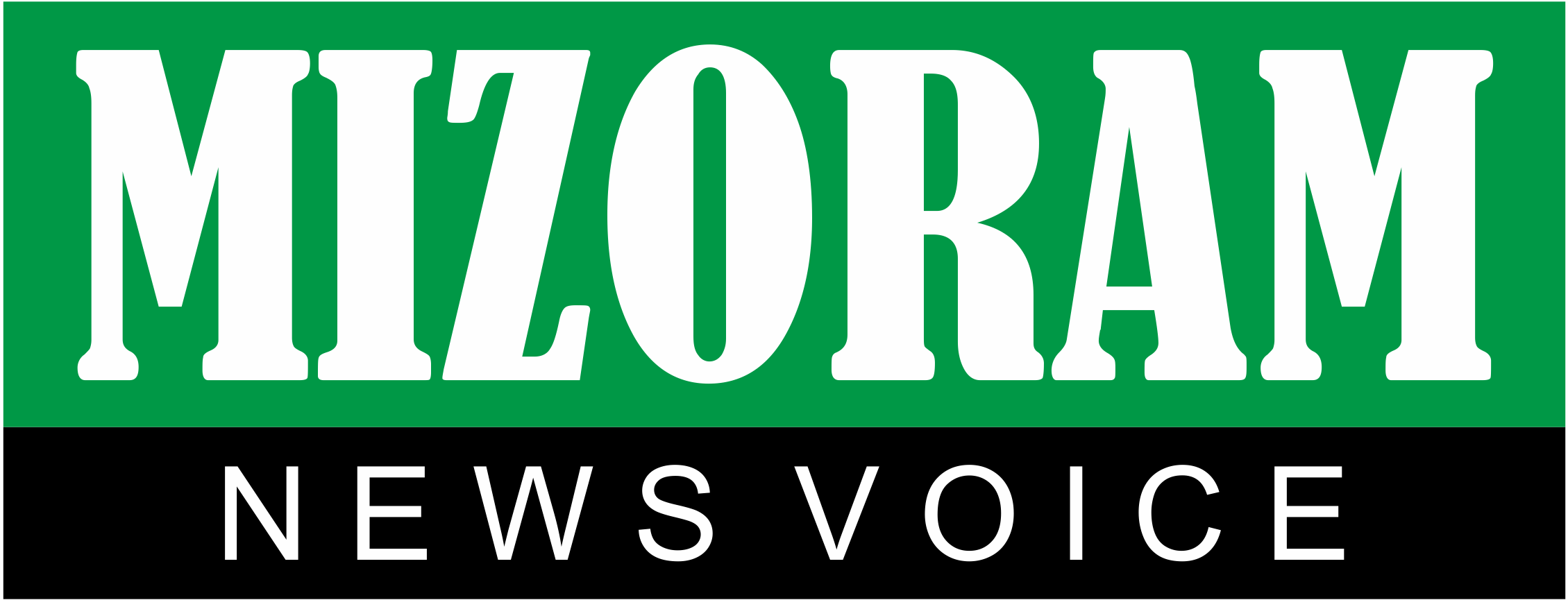According to empirical data, retail investors' exposure to the group rose after January 24, 2023, when the Hindenburg Research study was released, according to the expert committee formed by the Supreme Court to investigate the Adani group stock drop caused by the report.
Based on actual data, the committee also came to the conclusion that the Indian market as a whole wasn't “unduly volatile”. As a result of the publishing of the Hindenburg report and its effects, the committee's findings, which was sent to the supreme court in early May, said that “the volatility in the Adani stocks was indeed high.”
The Adani stocks have been re-priced and re-evaluated by the market.
The committee said, “While they may not have recovered to the levels prior to January 24, 2023, they are stable at the current re-priced level.
Additionally, it said that market volatility is not a “inherent vice”.
Market players issue buy and sell orders in accordance with demand and supply, as well as based on their evaluation and expectations, which in turn are based on their evaluation of the information at their disposal and its expected effect.
The committee said that it would not be feasible for the panel to infer that there has been a regulatory failure related to the accusation of price manipulation at this time, given the reasons offered by SEBI and backed by empirical facts.
“Empirical data shows that retail investors' exposure to Adani stocks has increased after January 24, 2023,” the paper, dated May 6, said.
In the aftermath of the Hindenburg report, which resulted in a substantial wipeout of the Adani Group's market value, the highest court ordered the capital market regulator SEBI to examine any breaches of securities legislation by the Adani Group on March 2.
The Supreme Court established an expert committee on the matter related to the Hindenburg Research study on the Adani Group of Companies on March 2. Justice AM Sapre, a former member of the Supreme Court, served as its chairman. SEBI was then ordered by the highest court to provide a status report within two months.
In the report by US short-seller Hindenburg Research, SEBI had requested an extension to finish the inquiry.
SEBI recently argued before the Supreme Court that the application for an extension of time it had filed was intended to ensure that justice would be carried out while also taking investors' and the securities market's interests into consideration, as any incorrect or hasty conclusion to the case reached without all relevant facts being on file would not serve the interests of justice and would therefore be legally untenable.
The top court on Wednesday granted a three-month extension for the investigation after hearing SEBI's new motion.
The conglomerate was accused of stock manipulation and fraud, among other things, in the January 24 Hindenburg investigation.
In response, The Adani Group referred to Hindenburg as “an unethical short seller” and said that the New York-based organization's research was “nothing but a lie.” In the securities market, a short seller looks to profit on the ensuing decline in share prices.

